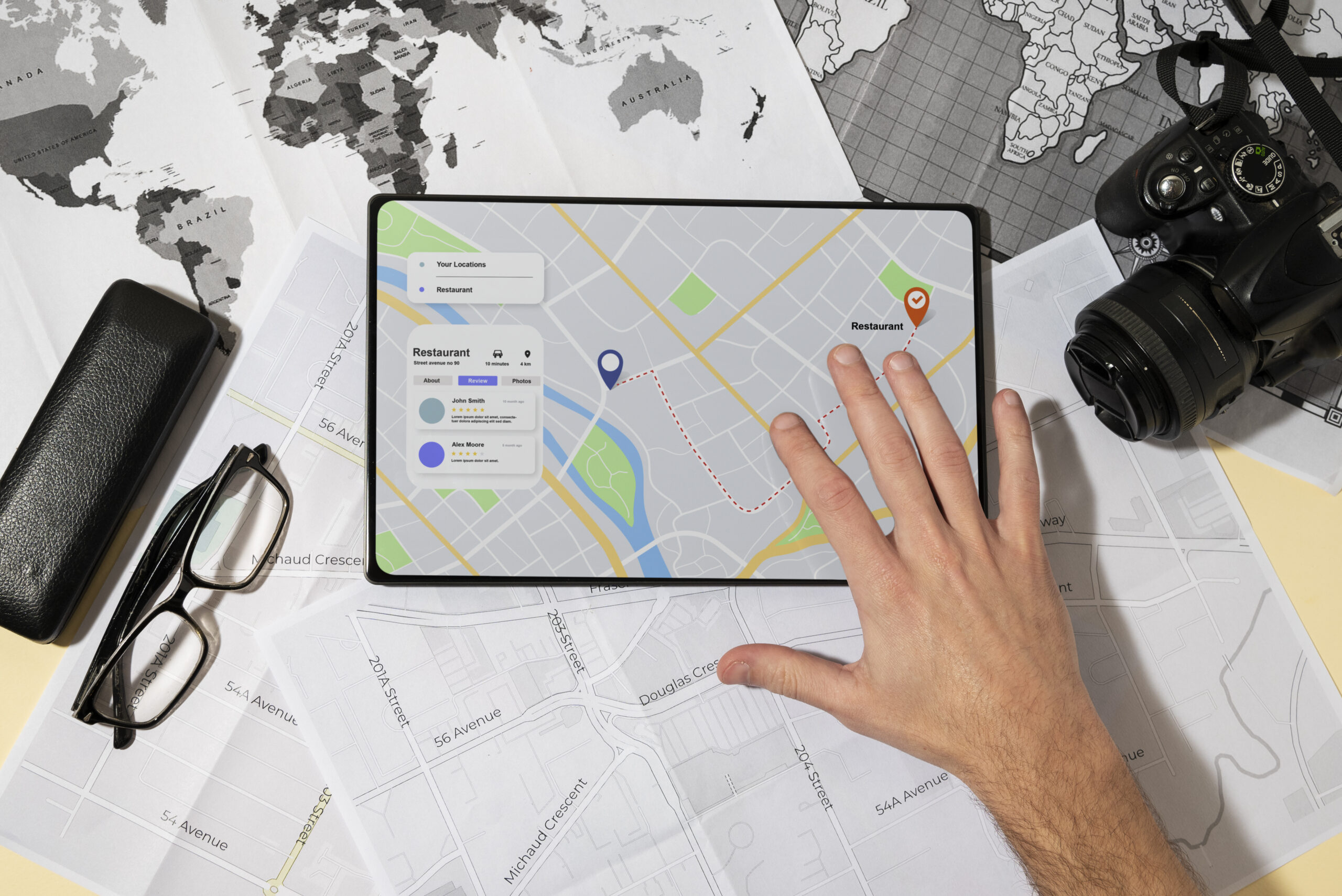If you’re a first-year BCA student looking to build a solid foundation in programming and become industry-ready by 2026, this step-by-step roadmap is tailored for you. By following this plan, you’ll acquire in-demand skills, work on real-world projects, and prepare for a rewarding career in tech.
Year 1: Building Foundations
Semester 1 (Month 1-6): Start with the Basics
The first step is to build a strong foundation in programming and problem-solving.
What to Learn:
- Programming Basics: Learn Python to understand programming syntax, loops, conditionals, functions, and data structures.
- Version Control: Get comfortable with Git and GitHub for managing and sharing your code.
- Problem Solving: Practice coding questions to improve logical thinking.
- Mathematics for Programming: Focus on discrete mathematics and logical reasoning.
Free Resources:
- Python for Everybody – Coursera
- Git and GitHub for Beginners – FreeCodeCamp
- Learn & Practice Python
- Discrete Mathematics – MIT OpenCourseWare
Projects:
- Build a simple calculator in Python.
- Create a basic to-do list app.
Semester 2 (Month 7-12): Deepen Your Knowledge
Start exploring advanced topics and begin developing small applications.
What to Learn:
- Advanced Programming: Dive into C or C++ for understanding memory management.
- Web Development Basics: Learn HTML, CSS, and JavaScript to understand how websites are built.
- Data Structures and Algorithms (DSA): Focus on arrays, linked lists, stacks, queues, and basic algorithms like sorting.
- Database Basics: Learn SQL for database management.
Free Resources:
- C Programming Tutorial – GeeksforGeeks
- HTML, CSS, JavaScript – FreeCodeCamp
- Introduction to Data Structures – YouTube (CodeWithHarry)
- SQL Tutorial – W3Schools
Projects:
- Build a personal portfolio website.
- Create a small quiz app using HTML, CSS, and JavaScript.
Year 2: Developing Expertise
Semester 3 (Month 13-18): Advance into Industry Skills
Begin exploring full-stack development and cloud fundamentals.
What to Learn:
Semester 3 (Month 13-18): Advance into Industry Skills
Begin exploring full-stack development and cloud fundamentals.
What to Learn:
- Object-Oriented Programming (OOP): Learn Java or C++ to master OOP concepts like classes, inheritance, and polymorphism.
- Backend Development: Start with Node.js or Python (Flask/Django) and learn how to build APIs.
- Cloud Fundamentals: Understand AWS or Azure basics.
- Data Structures: Advance to trees, graphs, and dynamic programming.
Free Resources:
- Java Programming for Beginners
- Learn Node.js – W3Schools
- AWS Free Tier and Training
- Advanced DSA – CodeChef
Projects:
- Build a blog app with user authentication (Full-stack).
- Participate in hackathons to gain practical experience.
Semester 4 (Month 19-24): Specialize and Prepare for Jobs
In the final semester, choose a specialization based on your interests.
What to Learn:
In the final semester, choose a specialization based on your interests.
What to Learn:
- Specialization Tracks:
- AI/ML: Learn Python libraries like TensorFlow and Scikit-learn.
- Data Science: Master Pandas, NumPy, and Tableau.
- Mobile Development: Learn Flutter or React Native.
- Cybersecurity: Explore Linux, networking basics, and ethical hacking tools.
- System Design: Understand how to design scalable systems.
- Soft Skills: Improve communication and teamwork skills.
Free Resources:
- AI/ML Specialization – Coursera (Andrew Ng)
- Data Science for Beginners – Kaggle
- Flutter Documentation
- Cybersecurity Basics – Cybrary
- System Design Primer – GitHub
Projects:
- Build a capstone project such as an e-commerce platform, chatbot, or mobile app.
Contribute to open-source projects to showcase your skills.
Weekly Commitment
- 3-4 hours/day: Learning new concepts.
- 1-2 hours/day: Practicing problems or working on projects.
- Weekend: Review and experiment with new tools/languages.
Key Takeaways
By following this roadmap, you’ll acquire essential technical skills, hands-on experience, and a solid understanding of industry practices. With a strong portfolio and consistent efforts, you’ll be industry-ready and poised for success in 2026.
Remember: The tech world evolves constantly. Stay curious, keep learning, and don’t hesitate to explore new technologies as they emerge. Good luck! 🚀





